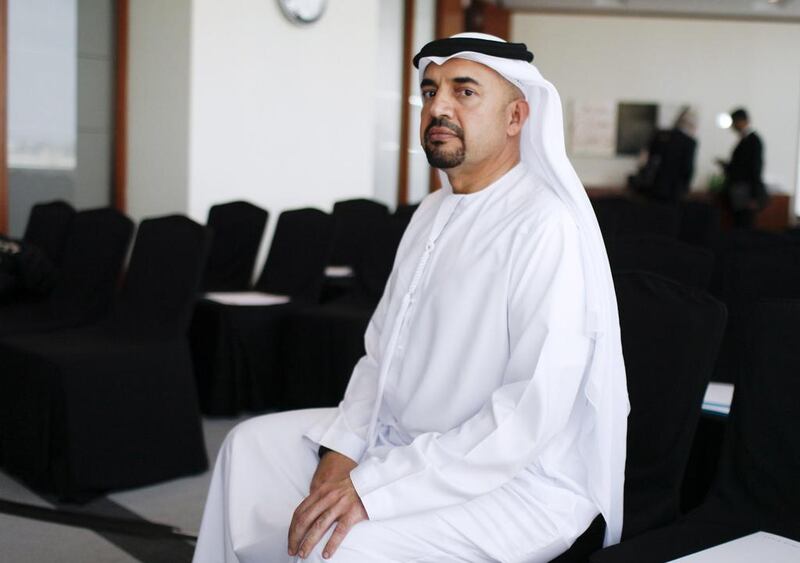ABU DHABI // Leading lawyers have voiced concern that removing the ceiling on court fees in Abu Dhabi will restrict many people’s access to the legal system.
A law passed at the end of last year abolished the cap on how much civil or commercial litigants must pay when filing a case, and imposed new fees on those wishing to appeal against a verdict.
Before, the fee payable was 5 per cent of the sum being sued for, to a maximum of Dh20,000.
The new law is aimed at discouraging frivolous or vexatious litigation, unrealistic financial claims and appeals that have no hope of success.
Dr Habib Al Mulla of the law firm Baker and McKenzie Habib Al Mulla, vice chairman of the Dubai International Arbitration Centre, is one of many lawyers surprised by the change who are sharing their concerns in a debate on social media.
“Justice should not be about getting money,” Dr Al Mulla said. “Say someone sues for Dh1 million, that would mean Dh50,000 to be paid to the court. That is a huge amount. What if it is more?”
He said a more feasible solution would have been to increase the percentage or raise the cap from Dh20,000, or bring it into line with Dubai, where 7.5 per cent of the value of a lawsuit was payable to the court, with a limit of Dh30,000.
“Removing the ceiling is making it harder for people to get their rights,” Dr Al Mulla said. “Any law should have a purpose; this seems to move from fees to profits.
“These fees are meant to ensure that a person is serious when filing a lawsuit, to ensure they do not file a lawsuit unless they really need to. It is also to cover court expenses, it is not for profit.”
Under the new rules, a convicted person must pay court fees before appealing against the guilty verdict.
“When you are in prison, your money will be frozen, you will not be able to pay,” Dr Al Mulla said. “This is not logical and is wrong.”
He said it was particularly difficult for those in prison for bounced cheques.
“How can someone in debt pay a judicial fee, no mater how little it is?” he said. “Even if it is Dh100.”
He said small companies would also be affected. Instead of going to court, they would have to go to arbitration. It is likely some would abandon the judicial process completely to escape fees.
The law also sets the cost of obtaining power of attorney for an unlimited time at Dh5,000.
“The law should have a purpose,” Dr Al Mulla said. “It’s the same if it’s for one year or an unlimited time – it’s just a piece of paper, there is no reason for the price difference.”
The law was meant to come into force on Wednesday, but has been delayed to an unspecified date.
“I don’t know why, possibly they realised the implications of the law or saw our discussion on social media,” Dr Al Mulla said.
In the meantime, he said he hoped it would be revised.
“This law will affect everyone involved in a court case. They will all suffer from this law.”
A prosecutor at Abu Dhabi Judicial department said removing the cap would ensure that lawsuits were serious.
He said the prosecutor’s office had been flooded with cases based on grudges, rather than legitimate claims.
Another judicial source said a case in which a man sued a contractor for Dh20 million because a stone fell on his car as he drove near a construction site was one such case. If the man had to pay 5 per cent of the Dh20m he would not have filed a lawsuit seeking such high compensation, the source said.
osalem@thenational.ae
* Additional reporting by Haneen Dajani






